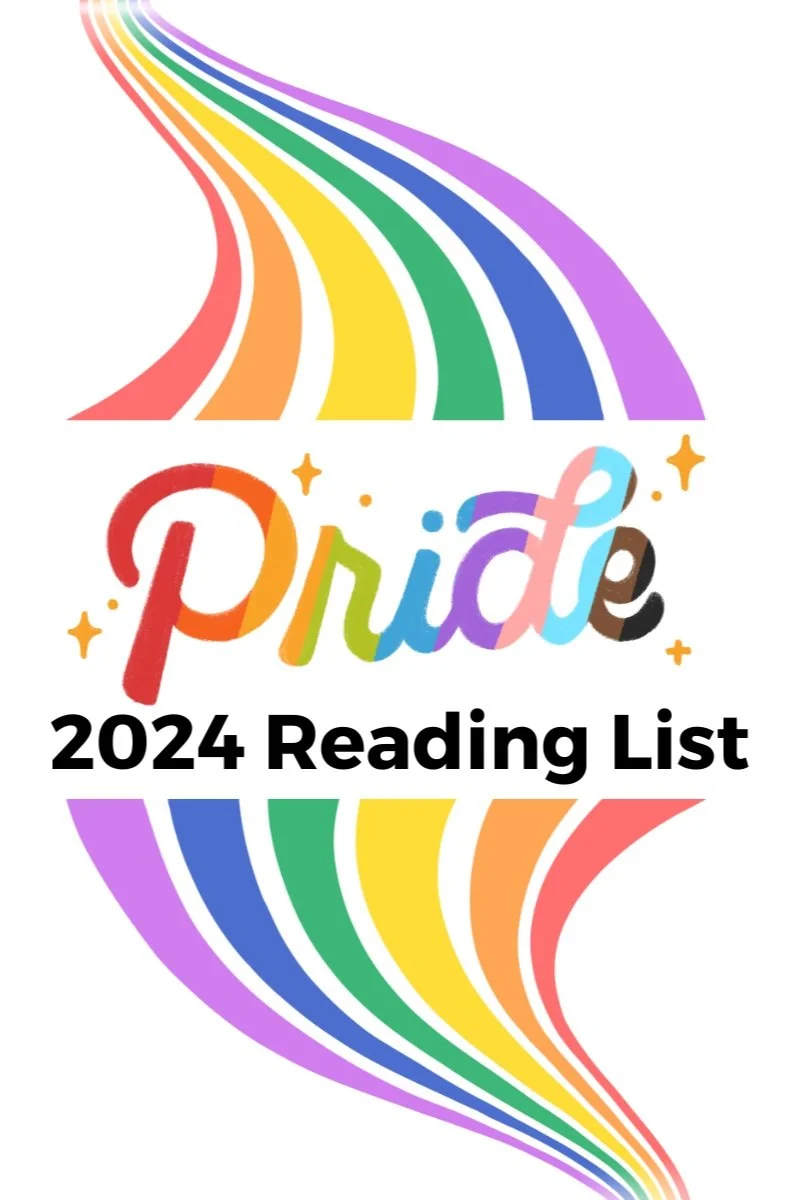I had put off reading Saeed Jones' "How We Fight For Our Lives" for years, expecting a depressing, harrowing manifesto about the multitude of ways America fails Black men. Let this be a lesson in not judging a book by its cover, because Jones instead offers readers a sometimes funny and relatable exploration of growing up gay.
The Times I Knew I Was Gay – Eleanor Crewes
A choppy narrative and sparse illustrations made it difficult to truly connect with the emotional turmoil Crewes walks the reader through. Initially intended as a 10-page micro-comic, it certainly appears that was the right length for a story that felt incredibly thin.
The Groom Will Keep His Name: And Other Vows I've Made About Race, Resistance, and Romance – Matt Ortile
Between the bloat, uneven pacing and self-absorption you’ll quickly find yourself tired of the lecture and wondering how a book that started promisingly can derail so quickly.
Brave Face – Shaun David Hutchinson
Hutchinson’s conversational writing style allows readers to connect with his experiences and fill in the blanks with their own. It's a reminder that sometimes you’re simply hiding scabs, but you’re never too old to heal the wound. While not necessarily targeted to young adults, the author – a prolific writer in that genre – uses short, fast-paced chapters that mirror the chaos of his internal life.
These Violent Delights – Micah Nemerever
Expectation: A dark and twisted gay “Bonnie and Clyde.”
Reality: Despite its intriguing premise and well-written characters, "These Violent Delights" is a super slow-burning thriller with too many unresolved plot points that left me wanting more.
Out of the Shadows: Reimagining Gay Men's Lives – Walt Odets
Complicated and challenging, Walt Odets' "Out of the Shadows" is not a comfortable read. Part psychology text and part memoir manifesto, it is aimed at helping cis-gendered gay men live authentic and complete lives: emotionally, physically and sexually.
Queer Ducks (and Other Animals): The Natural World of Animal Sexuality – Eliot Schrefer
While Eliot Schrefer had admirable intent in addressing long held and incorrect theories about how we perceive sexual behavior in the natural world, the execution was a hodgepodge of personal anecdotes and pontifications that showed the author’s biases – even though he frequently maligned scientific bias.
The Prettiest Star – Carter Sickels
Expectation: A nuanced and authentic portrayal of the early AIDS epidemic in small town America.
Reality: A well-meaning but melodramatic story that felt a bit like young adult fiction.
My 2024 Pride Month Reading List (Plus, 10 Must-Read Books By Queer Creators)
Celebrate Pride Month by diving into these (mostly) nonfiction queer-focused novels by queer-creators.
Age of Vice – Deepti Kapoor
Expectation: A sprawling saga about one of India’s crime families.
Reality: Less literary than anticipated, I was mostly entertained while also being annoyed by the repetitive action and predictable tropes.
Starter Villain – John Scalzi
Expectation: A straight-forward espionage thriller about a man inheriting his uncle’s dirty deeds.
Reality: An outlandish, action-packed sci-fi comedy that won me over with talking animals and some solid social commentary.
Moon of the Turning Leaves – Waubgeshig Rice
Expectation: A true continuation of the first novel, picking up where things left off for the Anishinaabe as they enter the next phase of survival in the Canadian north.
Reality: Less intimate and more standard dystopian tale, the slow pacing and underdeveloped characters may deter some readers, but the emotional ending provides a satisfying conclusion to the story.
James – Percival Everett
Expectation: A straight-forward re-imagining of “The Adventures of Huckleberry Finn.”
Reality: A dark, engaging story that builds on the source material and delivers a highly entertaining read more attune to our modern sensibilities.
The Adventures of Huckleberry Finn – Mark Twain
Expectation: To be wowed by this stalwart of American literature.
Reality: A bit let down, and not just because of the terrible racism. Essentially this is a story of vignettes with a very loose plot.
Kent State: Four Dead in Ohio – Derf Backderf
Derf Backderf's "Kent State: Four Dead in Ohio" takes readers beyond the iconic photograph, offering a meticulously researched and haunting graphic novel about the events that occurred on May 4, 1970, between students at Kent State University and the Ohio National Guard.
Dearborn – Ghassan Zeineddine
Expectation: A “city as the sole connection” collection that reads more like a wannabe novel.
Reality: A sometimes funny, sometimes heartbreak collection about the new American experience that succeeds thanks to its subtlety. There are no bad apples in the bunch.
Everything Sad Is Untrue – Daniel Nayeri
While marketed as middle grade, this memoir transcends the young adult genre with its matter-of-fact honesty and subtle lessons about tolerance, faith and perseverance. Just like Scheherazade, Nayeri uses storytelling for survival.
The Overstory – Richard Powers
Expectation: A powerful story about the human/nature connection and how an ever-accelerating eco-calamity will destroy us all.
Reality: Bloated and boring, there was far too much happening and very little of it was interesting. I’m struggling to see how this won the Pulitzer Prize.
Murder Road – Simone St. James
Expectation: Another twisty supernatural thriller from a rather reliable author.
Reality: St. James delivered a lazy, convoluted plot that asked more from the reader than should’ve been allowed.



















